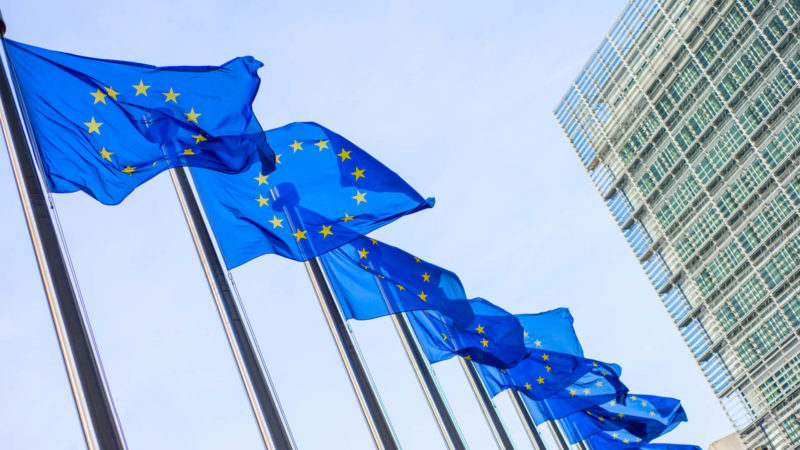Report: EU to ask Google, others to publicly reveal ranking factors
Proposed rules are designed to redress the “superior bargaining power” of the large internet brands.

According to a report from Reuters, the European Commission has proposed new rules that will require search engines, commerce sites and online platforms to explain how they rank results and to reveal why companies are penalized or removed from listings or results.
The stated intention is to bring more transparency to these companies’ operations and help smaller competitors better understand what they’re required to do to appear and rank. It’s designed to redress the “superior bargaining power” of the large internet brands, according to language quoted by Reuters.
While the proposal apparently “will not force companies to disclose their algorithms,” it will require descriptions and explanations of “how and to what extent the relevant ranking mechanism takes account of the quality of the products and services offered.”
It’s not clear exactly what that means, but it does seem that the regulation is intended to compel the major internet companies to effectively reveal their ranking signals. Google does this today to varying degrees. So the real-world impact of this might not be significant.
The proposed rules also require a 15-day notice period for any changes to terms and conditions, rather than retroactive notification (i.e., “our terms have changed”). In addition, any rejections (e.g., from app store approval) or delistings will require specific, “individualized” explanations — presumably, rather than a list of potential or hypothetical reasons on a page somewhere.
Reuters also reports that where a platform offers services that compete with others in the market (e.g., Google Shopping), “terms and conditions will have to include a description of any preferential treatment they give to their own service including access to consumer data and ranking.”
Right now, this is simply a proposed rule that will reportedly be made public in April. It would have to be adopted by the European Parliament and member states to go into effect.
Contributing authors are invited to create content for Search Engine Land and are chosen for their expertise and contribution to the search community. Our contributors work under the oversight of the editorial staff and contributions are checked for quality and relevance to our readers. The opinions they express are their own.
Related stories